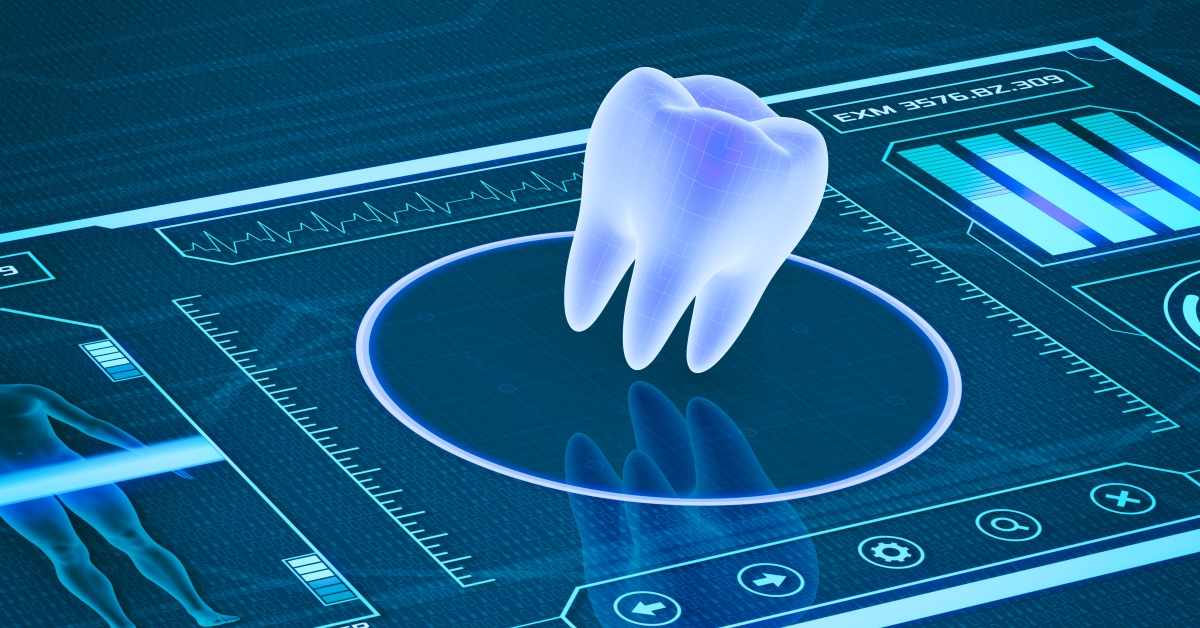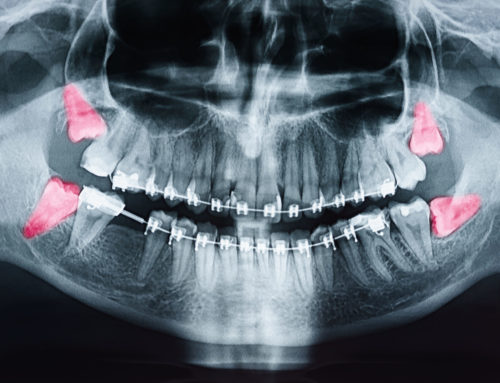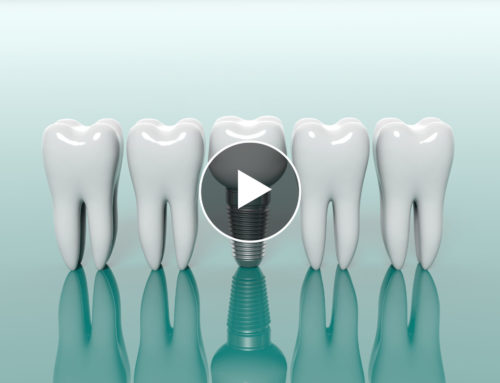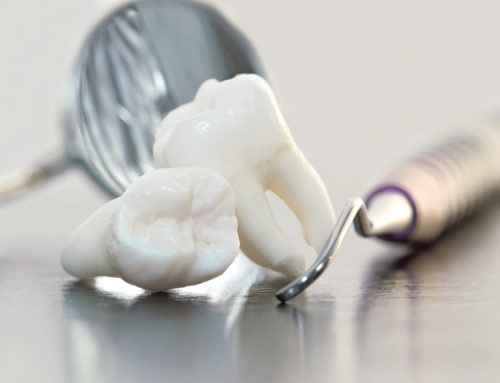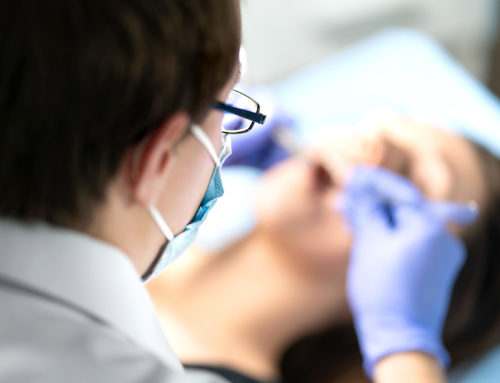Modern humanity has certainly come a long way when it comes to the care, look, and treatment of our teeth. However, one thing our early ancestors had on us was the fact that they primarily used all their teeth, including the molars. They are those famous third set of molars in the back of our mouth that start growing in when we’re between 17 and 25 years old. In fact, people today still wonder why we even get our molars only to experience dental extractions. Hence, the idea of modern humanity and growing wisdom teeth remain a mystery.
The Purpose of Wisdom Teeth
While growing wisdom teeth is something most of us don’t look forward to, their true function dates back to early ancestral times. For instance, our ancestors survived on a basic diet of gamey meat, fish, roots, berries, raw nuts and vegetation. During those times, they had to use various stones and metal minerals to make tools for cutting meat as best as they could. As such, it was harder to precisely prepare and cook food and tailor it to how we eat foods today. Therefore, they had to chew tough, coarse, and rugged foods which required all their molars and a broader jaw.
Yet, when we look at modern humanity, we’ve lost the broader jawline and the ability for most of our molars to grow appropriately. This was due to the change in our diet over time.
Our Molars’ Contribution to Science
Did you know that wisdom teeth help anthropologists to determine the age of human skeletons? For example, the famous ‘Nariokotome Boy’ skeleton found in West Turkana, Kenya, dates back 1.6 million years ago. The boy’s remains continue to reside at the Smithsonian National Museum of Natural History. When scientists researched the skull after its discovery in 1984, they were able to pinpoint his physiological age.
In fact, researchers believed him to be around eight or nine years old, particularly because his third molars hadn’t yet erupted. Because our third set of molars are the last permanent teeth to grow in, this fact helps science determine the round-about age of human remains.
Why Modern Humans Don’t Really Need That Third Set of Molars
If you’re lucky enough to have all your wisdom teeth grow in, that’s beautiful. However, for most of us, we’re not as fortunate and will have a dental extraction. Why is this such a common practice among oral surgeons? And most importantly, why don’t we need our wisdom teeth? It all starts with the modern diet. Over time as humans began to develop technology and innovative ways to cook and prepare food, not only did our diet change, but also our eating habits. And consequently, our dental physiology also changed.
First of all, the food we eat today is cut into smaller bite-sized pieces. Furthermore, as we began cooking and heating up meats, fish, fruits, and veggies, our foods also became much softer. With this, our dental bone began to adapt and adjust. So, as humans began exerting less mechanical force when we chew foods, our jawlines somehow got smaller over time. And with that, our wisdom teeth have a hard time growing in properly due to lack of space. Overall, the full growth of our back teeth is no longer required in order to survive.
Dental Extractions Remain Common
With the modern human having a much smaller jawbone than his ancestors, all 32 of his teeth can no longer grow in properly. As a result, when molars do try to erupt, they get crowded, pushy, or impacted in the jawline. Ultimately, this can cause various problems and pain and can eventually affect our overall oral health.
The good news is, however, that not everyone will experience wisdom tooth or impacted molar issues. There are some of us who won’t have issues with our teeth; yet, many of us will or have already. In cases where your wisdom teeth are causing issues for various reasons, you’ll need to have a dental extraction. This is primarily common among older teens and young adults due to the fact that that’s when the teeth begin trying to grow in.
If your general dentist has expressed concerns about your molars, connect with the experienced oral surgeons of OMSH in Houston. Call us at 832-509-4505.

